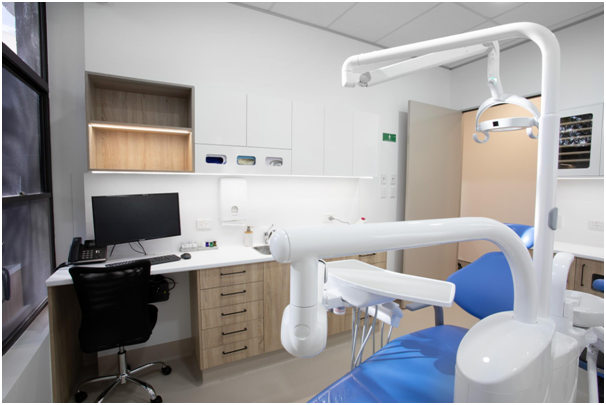Your dentist will determine the type of anaesthesia to use depending on the type of procedure they are going to carry out.
If the procedure is going to be invasive then your dentist may recommend more intense anaesthesia such as general anesthesia. On the other hand, if the procedure will be mild such as tooth extraction, then your dentist will use less intense anaesthesia such as local anesthesia.
There is a difference between local and general anesthesia. It is important to understand the difference between these two to be aware of what to expect during your dental procedures.
Local Anesthesia
This type of anaesthesia is mostly used in various mild clinical operations and surgeries. In dentistry, local anesthesia is used in minor procedures such as dental filling or tooth extraction procedures.
Local anaesthesia is a membrane stabilizing medicine for a minor dental procedure. There are several types of local anesthesia used in various dental procedures. These include;
- Articaine
- Lidocaine
- Mepivacaine
- Prilocaine
- Bupivacaine
The medication is administered by injection in the mouth. This numbs the area where the procedure will be carried out. This prevents the generation of pain during the procedure.

Local anesthesia also reduces discomfort during and after the procedure for about 4 hours when the procedure is completed.
You will stay awake during the procedure. These are some of the dental procedures where dental anaesthesia is used.
- Tooth extraction
- Cavity filling
- Dental crown placement
- Root canal procedure
- Root planing and scaling
General Anesthesia
This is another type of dental anaesthetic used in various more invasive dental procedures. Unlike local anesthesia, general anesthesia makes a person temporarily unconscious throughout the procedure.
In most cases, anesthesia is referred to as a medically induced coma. The patient will remain unresponsive and will not feel any pain.
The following are dental procedures that require the administration of general anesthesia.
- Jaw surgery
- Bone grafting
- General tooth extraction
- Dental implants placement
- Cosmetics dental procedures
The above information shows the main difference between local and general anaesthesia in dental procedures. Therefore you will be aware of what to expect when you book an appointment with your dentist.
Please note that your dentist will evaluate your specific situation. This will help them determine the best anaesthesia that will fit your situation.
For professional dental services, Admire Dentistry is the best place to look. Contact Admire Dentistry today for more information about dental services.